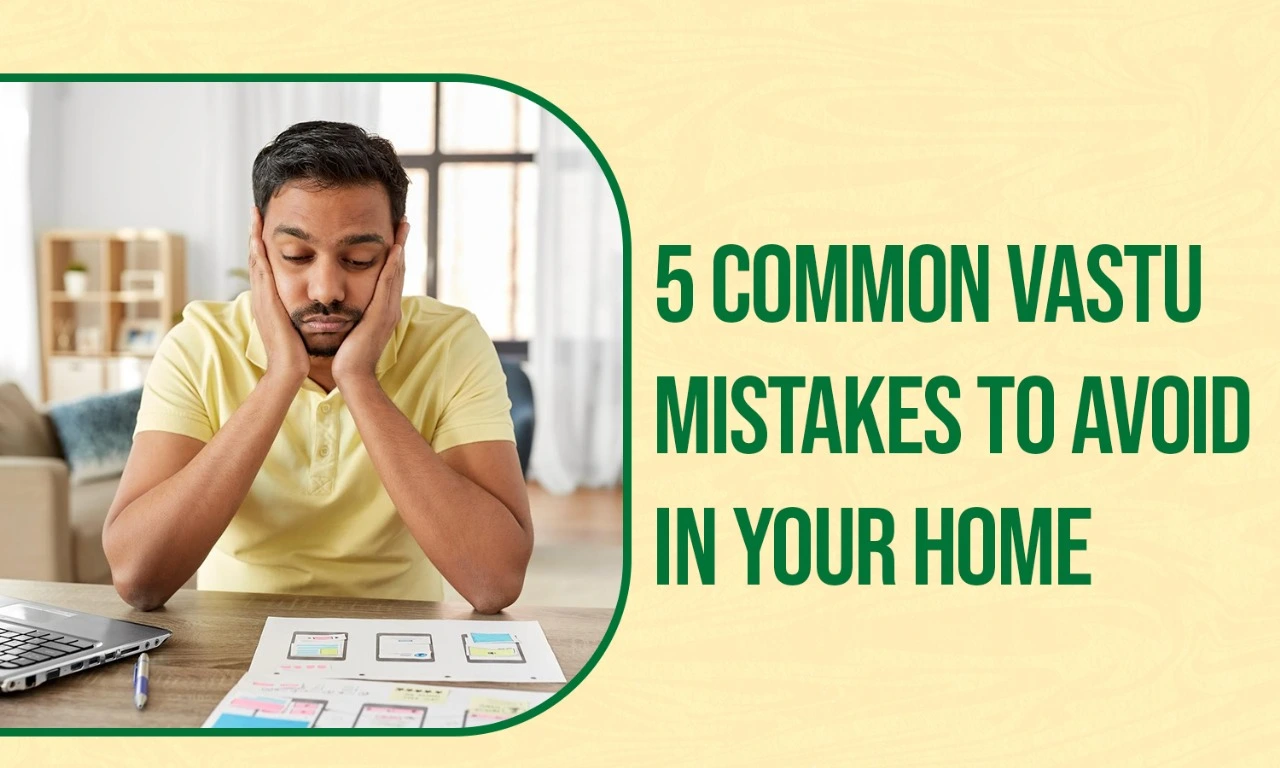
What Is The RERA Registration Process And How To Start?
What Is The RERA Registration Process And How To Start?
A Foundation Built on Trust
In today’s real estate environment, credibility is everything. For developers, builders, and even investors, regulatory compliance is no longer optional—it’s expected. That’s where understanding the RERA registration process becomes critical. It ensures transparency, legal clarity, and customer confidence. Whether you’re launching a new project or partnering with established real estate developers in Chennai, registration under RERA sets the tone for responsible development.
What Is RERA? Who Needs To Register?
The RERA Act—short for the Real Estate (Regulation and Development) Act, 2016—was introduced to bring accountability and structure to India’s real estate sector. Every residential and commercial real estate project exceeding 500 sq. m. or involving 8+ apartments must be registered with RERA before marketing or selling.
Understanding the RERA registration process is the first step toward launching any legitimate development in India’s regulated real estate sector.
Who must register:
- Builders and Developers
- Real Estate Agents
- Joint Development Projects
- Ongoing Projects (if not completed before RERA’s enforcement)

Complete RERA Registration Process in Tamil Nadu (TNRERA)
Tamil Nadu has its own state-level authority—TNRERA—through which all real estate projects and agents must register. The process includes:
- Visit the official TNRERA portal Start by creating a developer profile and choosing the relevant project category.
- Fill Application Form Include project and promoter details, development specifications, and legal approvals.
- Upload Required Documents Submit all supporting documents digitally (details listed below).
- Pay the Prescribed Fees Based on project size and category.
- Await Review & Approval Once reviewed and verified, you’ll receive a RERA registration number.
Every state has a distinct portal, but the core steps of the RERA registration process remain consistent—collect details, validate approvals, pay fees, and await confirmation.
Mandatory Documents Required for TNRERA Registration
Without accurate paperwork, even a well-prepared RERA registration process can face delays, rejections, or additional scrutiny.
For Promoters (Individuals):
- PAN card, ID proof, and address proof
- Income tax returns and balance sheets
- Passport-size photos
- Previous project details (if applicable)
For Companies:
- Certificate of Incorporation
- MOA & AOA
- Directors’ and shareholders’ information
- Details of the project (sanctioned plans, layout, location)
For Agents:
- PAN, ID, and address proof
- Bank account details
- Proof of business (if applicable)
Fees and Charges for RERA Registration Process
The registration fee depends on the type and size of the real estate development:
- ₹10 per sq. m. for residential
- ₹20 per sq. m. for commercial
- ₹5 per sq. m. for plotted developments
- Real estate agents pay ₹25,000 (individual) or ₹50,000 (firm/company)
What Is the Interest Rate of RERA?
In case of delays or payment defaults, RERA mandates an interest rate based on SBI’s highest Marginal Cost Lending Rate (MCLR) + 2%. This applies to both promoter and buyer defaults—ensuring fairness on both sides.
RERA Registration Steps
To summarize the RERA registration process clearly:
This number must be quoted on all brochures, ads, websites, and communications.
REFERENCE LINK : https://www.registerkaro.in/rera-registration
Benefits of RERA Registration for a Real Estate Project
The RERA registration process is more than legal compliance—it’s a mark of accountability. Here’s how it benefits stakeholders:
- Builds buyer trust through transparent disclosures
- Reduces disputes via predefined delivery timelines and specifications
- Ensures legal protection in case of non-compliance
- Improves funding access as banks prefer RERA approved projects
- Boosts brand reputation among buyers and investors alike
Conclusion
The real estate journey starts long before the first brick is laid—it starts with accountability. At Vijay Shanthi Builders, we treat the RERA registration process not as a checkbox, but as a commitment. For over 40 years, we’ve delivered homes that stand on both design and trust. Because in a space where promises are many, we believe in delivering certainty.
Key Takeaways
- RERA mandates registration for all qualifying real estate projects and agents
- TNRERA governs the registration in Tamil Nadu
- The RERA registration process involves filing, documentation, fees, and authority review
- Legal compliance builds buyer confidence and market trust
- Choosing RERA approved projects protects buyers from delays and disputes
FAQS:
Yes, any project above 500 sq. m. or 8 units must be registered before promotion or sales begin.
The approval timeline varies by state, but it generally takes 4–6 weeks if all documents and fees are submitted correctly.
Yes. Buyers can raise a formal complaint with the RERA authority for unregistered or non-compliant projects.
A RERA approved project is one that has been verified and registered under the Real Estate Regulation Act. It signifies legal compliance and adherence to promised timelines and quality.
Similar to Tamil Nadu, UP RERA requires identity documents, land ownership proof, project details, layout plans, and a registration fee based on project type and size.
Projects under 500 sq. m. or fewer than 8 units may be exempt. However, voluntary registration is still recommended for buyer trust.
Related Posts
7 Benefits Of Installing Glass Windows For Home
Introduction – A View That Speaks of You In a well-crafted home, even the simplest
5 Vastu Tips for a Peaceful Home Environment
Introduction Your home is more than just walls and furniture — it’s a space that
5 Common Vastu Mistakes to Avoid in Your Home
Introduction Vastu Shastra, the ancient Indian science of architecture, is based on aligning your living



